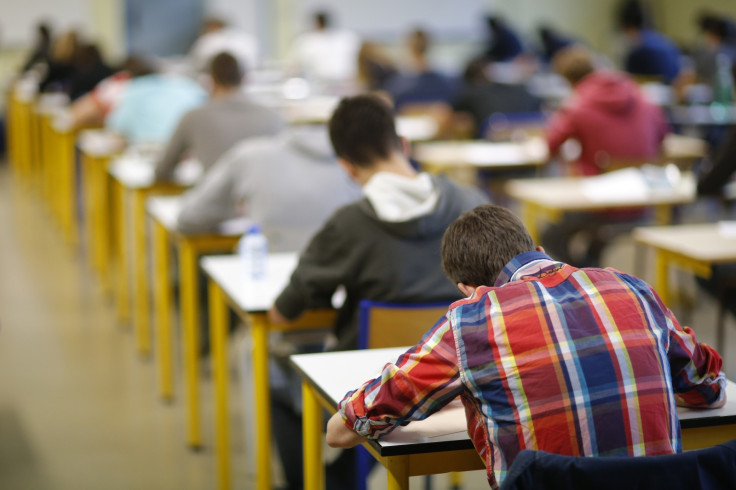Google should be available to pupils in exams, says OCR exam board chief

The chief executive of the UK's leading examination board says school pupils should be allowed to use Google to look up information during exams.
Mark Dawe's argument is that pupils still need to know what to search for and how to interpret the search results to get the answer they want, and producing answers in this way more closely resembles how they'll work later in life. He says the modern world is more about interpreting and discussing information, rather than storing it all in our heads.
Speaking on Radio 4's Today programme, Dawe, who is chief executive of the OCR exam board, said: "Surely when they learn in the classroom, everyone uses Google if there is a question. It is more about understanding what results you're seeing rather than keeping all of that knowledge in your head, because that's not how the modern world works."
But not everyone agrees. Chris McGovern, spokesperson for the Campaign for Real Education, countered Dawe's argument on the radio show, condemning it as "dumbing down" the education system. Claiming UK children are "three years behind the Chinese, at the age of 15," McGovern said: "You can have an exam in how to use Google - that's not the same thing as having a history exam or a geography exam. We do have to test what children are carrying in their heads."
Dawe countered: "It's about understanding the tools they have got available and how to utilise them. When we are asking a question where we know there's access to the internet, we could ask a different question - it's about the interpretation, the discussion."
Let exams mimic real life
The comments comes five months after Professor Eric Mazur, dean of physics at Harvard University, said students should have access to the internet and be able to discuss questions with friends during exams to more accurately reflect the workplace.
"Let's mimic more real life in our assessment practice," he said. "If you look at students taking an assessment, they're set out in rows, separated by a gap and isolated from any source of information. Once you get your diploma, you never face that situation again.
"At work you can call whoever you want, you can google anything, yet this is how we assess students. So we should let people talk to each other, we should let people work together. We consider it cheating in that setting but not cheating when they are doing their jobs. So why create this artificial environment?"
© Copyright IBTimes 2025. All rights reserved.






















